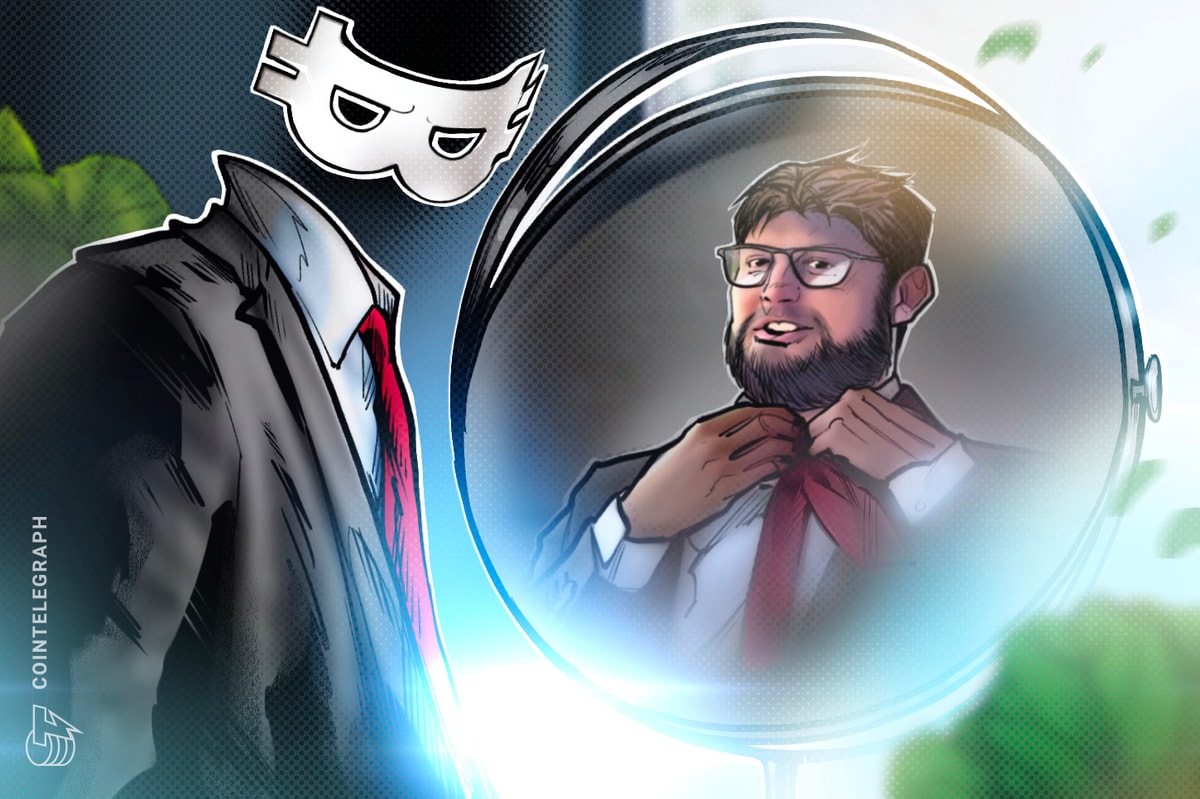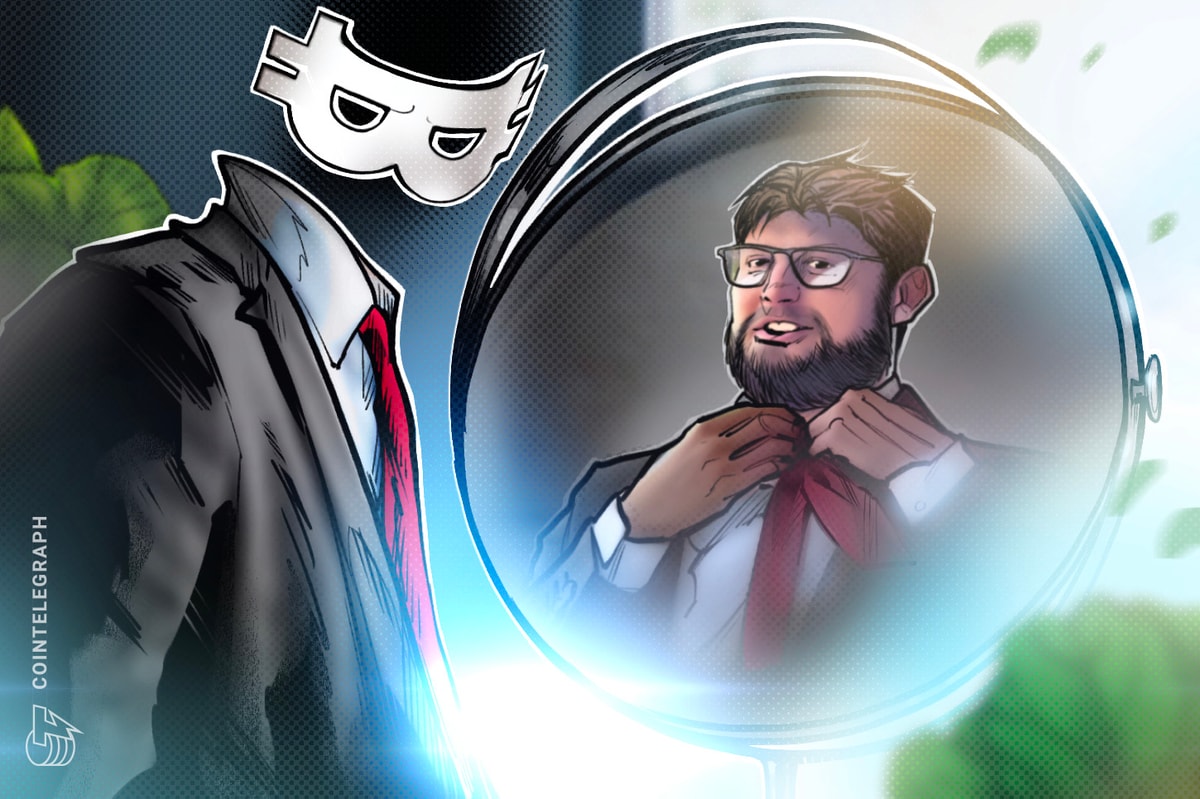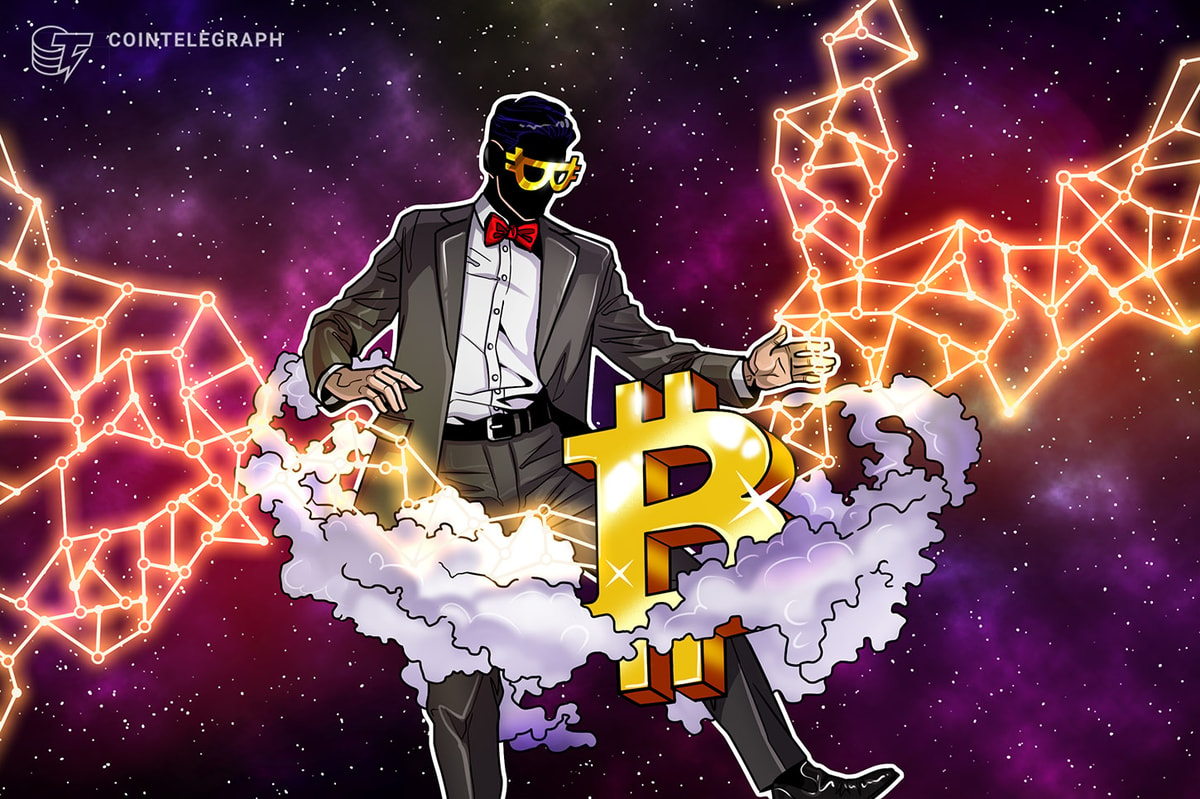
Bitcoin Core contributor Peter Todd recently discussed a variety of topics on The Crypto Show. Todd was asked if he is still worried about the possibly negative implications of a controversial hard fork induced by Bitcoin Classic or any other alternative Bitcoin client. said he is still worried about a hard fork due to some larger block size limit supporters who seem willing to “fork Bitcoin at all costs.”
Some Big Blockers Will Not Back Down
When Todd was first asked how he felt about his hard fork worries, he brought up the fact that some parts of the Bitcoin community seem ready to fork the blockchain no matter what. He stated:
“I would say I’m still very worried because I think we still have a contingent of people in this community whose views are: Let’s fork Bitcoin at all costs, we desperately need this block size increase, and we’re going to need a couple more immediately.”
Todd said this is the general view that he feels Coinbase CEO Brian Armstrong and Blockchain CEO Peter Smith have expressed to him in his conversations.
“I don’t think these people are going to necessarily back down lightly,” Todd said.
Why a Hard Fork Could End Badly
With the current climate around the debate and the intention of some people to hard fork Bitcoin without near-universal consensus, Todd said there is a small chance this process could go badly.
“When I say ‘badly’, I essentially mean that we end up with two different economically relevant currencies,” he said. “You end up getting some miners on one coin and some miners on another.”
Factom CEO Paul Snow, who was also present during the conversation on The Crypto Show, disagreed with Todd a bit and said the chances of something going badly were “vanishingly small.” In the past, Bitcoin Classic developer Gavin Andresen has written about his thoughts on the possibility of something going wrong during a hard fork with 75 percent support from Bitcoin miners. Todd has also countered some of Andresen’s arguments.
When pushed further by Snow on why he thinks the chances of something going wrong may be higher than others think, Todd pointed out that some members of the community may be ready to pay Bitcoin miners to run alternative software and force a hard fork.
Todd said:
“I happen to know that people have been talking to miners and saying, ‘What’s your price?’ What would it take to rent the hashing power needed to force a fork? When you’re talking about scenarios like that, you’re talking about companies with enough money to ‒ at least temporarily ‒ just say, ‘All right. We’re going to support mining. We’re going to make sure this fork can happen from a technical perspective. Yet, those may not be the ingredients for long-term success.”
Todd also pointed to claims from former Bitcoin developer Mike Hearn regarding the use of checkpoints to force a hard fork without majority support from miners. Todd added, “There are a lot of options people have, and the fact that people are considering these options means that the chances of [a hard fork going badly] are not infinitesimally small.”
Todd went on to clarify that the small chance of something going wrong could be quantified as a roughly 5 percent chance, although he mentioned better odds earlier in the interview.
Hard Forks Need to Be Done in the Right Scenarios
One of Todd’s points on a contentious hard fork had to do with the large amount of money raised by some Bitcoin companies, which garnered some laughs from the show’s hosts:
“There are a lot of crazy people in this world, and some of them have a lot of VC funding. It’s not implausible that some of these companies will do crazy things.”
Todd’s final point on the matter was that hard forks need to take place in the right environments. He concluded, “It behooves us to make sure that any hard fork triggers in a scenario where it is very unlikely for any of this to happen . . . Triggering at 75 percent hashing power is not that scenario.”
Kyle Torpey is a freelance journalist who has been following Bitcoin since 2011. His work has been featured on VICE Motherboard, Business Insider, NASDAQ, RT’s Keiser Report and many other media outlets. You can follow @kyletorpeyon Twitter.










